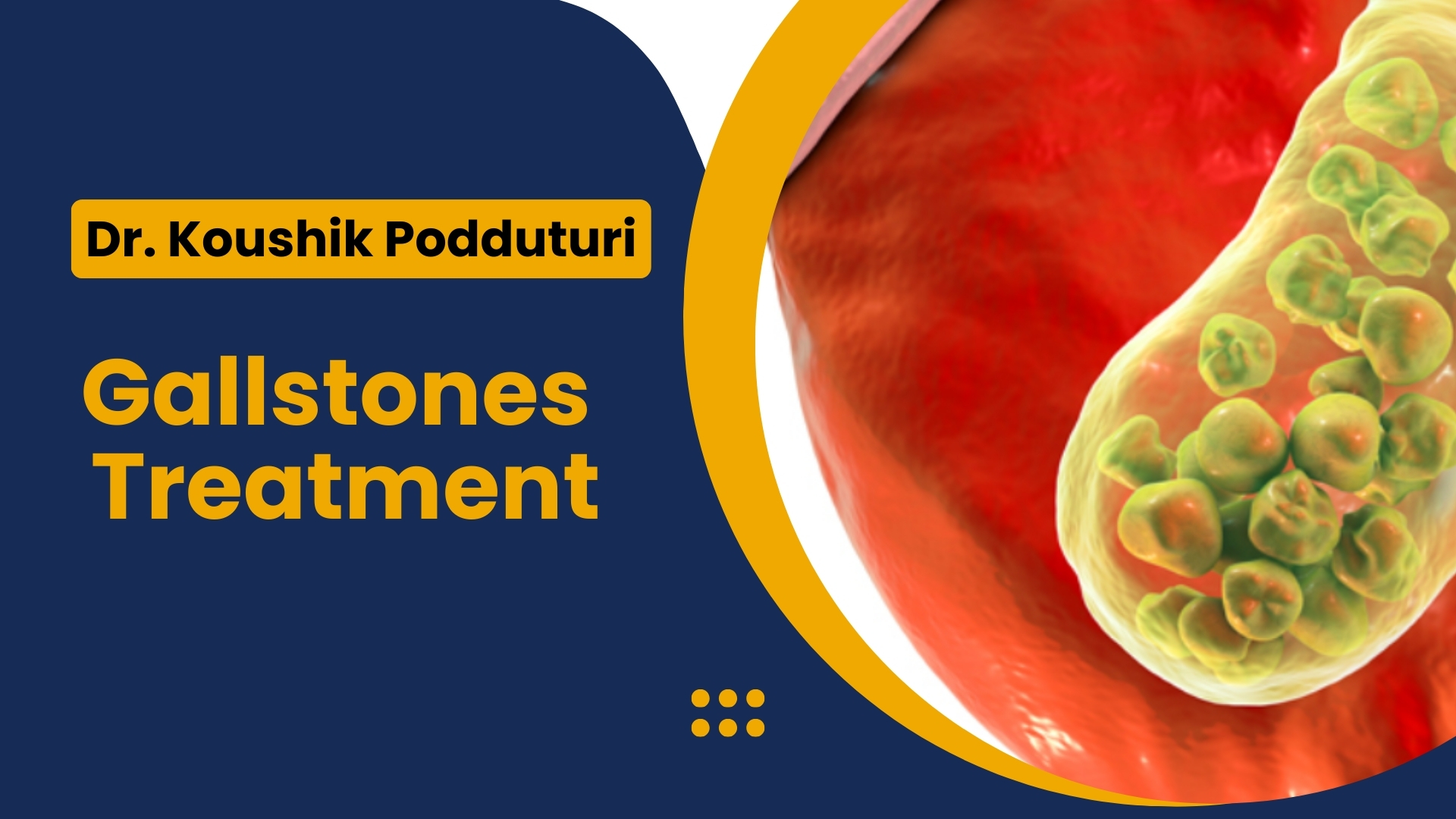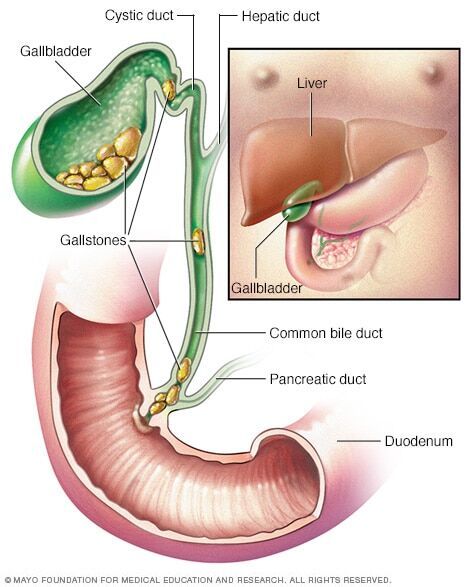Best Gallstones Treatments in Nizamabad

Gallstones are small, hardened deposits that form in the gallbladder, a small organ located under the liver. They can vary in size, ranging from tiny grains to larger stones. These stones can block the normal flow of bile, leading to pain and other complications. It's essential to understand what causes gallstones, recognize their symptoms, and be aware of the available treatment options
Causes of Gallstones
Several factors can contribute to the formation of gallstones:
- Cholesterol Stones: The most common type, these form when there's too much cholesterol in the bile.
- Pigment Stones: These occur when the bile contains too much bilirubin, a substance produced from the breakdown of red blood cells.
- Gallbladder Function: If the gallbladder doesn't empty correctly or completely, bile can become overly concentrated, leading to stone formation.
- Genetics: A family history of gallstones can increase your risk.
- Obesity:Excess body weight can cause increased cholesterol in bile.
- Diet: Diets high in fat and cholesterol and low in fiber can contribute to the development of gallstones.
- Diabetes:People with diabetes tend to have higher levels of triglycerides, which can increase the risk of gallstones.

Symptoms of Gallstones
- Sudden and Intense Pain: This pain can occur in the upper right part of the abdomen and may spread to the back or right shoulder.
- Nausea and Vomiting: These symptoms often accompany the abdominal pain.
- Indigestion:Experiencing bloating, gas, or heartburn, especially after eating fatty foods
- Jaundice:A yellowing of the skin and eyes, indicating a bile duct blockage.
- Dark Urine and Pale Stools:Changes in urine and stool color can signal a problem with bile flow.
Treatment Options for Gallstones
- Watchful Waiting: If gallstones are not causing symptoms, they may not need immediate treatment.
- Medications:Certain medications can dissolve cholesterol gallstones, but this process can take months or years, and stones may re-form once the medication is stopped.
- Non-Surgical Procedures:
- • Extracorporeal Shock Wave Lithotripsy (ESWL): This uses shock waves to break up stones.
- • Endoscopic Retrograde Cholangiopancreatography (ERCP): This procedure can remove stones from the bile duct.
- Surgery:The most common treatment for symptomatic gallstones is surgery to remove the gallbladder, known as cholecystectomy. This can be performed using traditional open surgery or a less invasive laparoscopic method.
- • Laparoscopic Cholecystectomy: This uses shock waves to break up stones.
- • Open Cholecystectomy: This procedure can remove stones from the bile duct.
Preventing gallstones involves lifestyle changes such as maintaining a healthy weight, eating a balanced diet high in fiber and low in refined sugars and fats, and exercising regularly. For those at higher risk due to genetic factors or other medical conditions, regular monitoring and consultation with a healthcare provider are advisable.
Call Now
